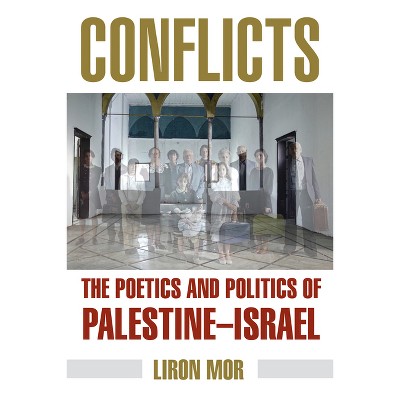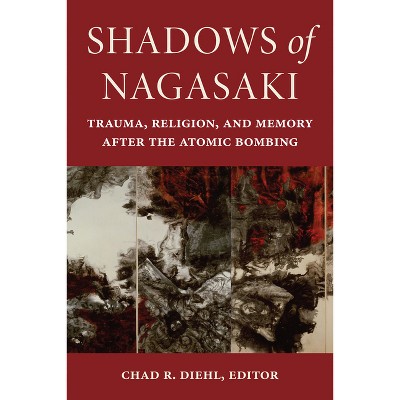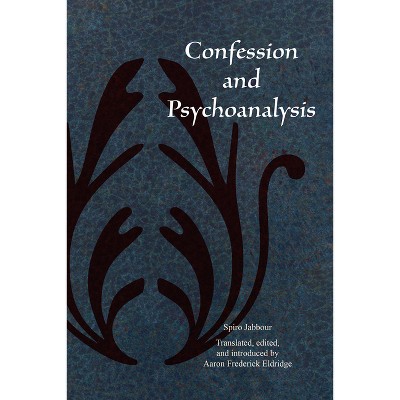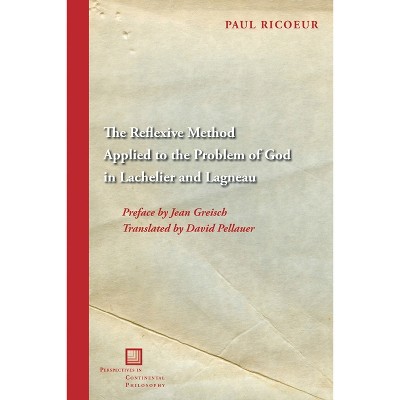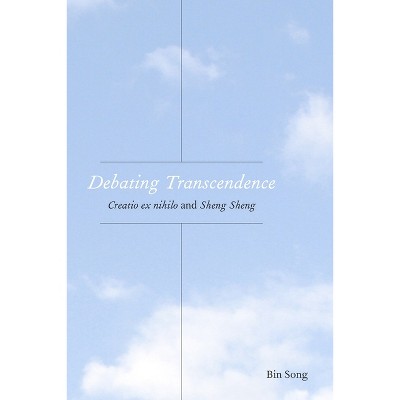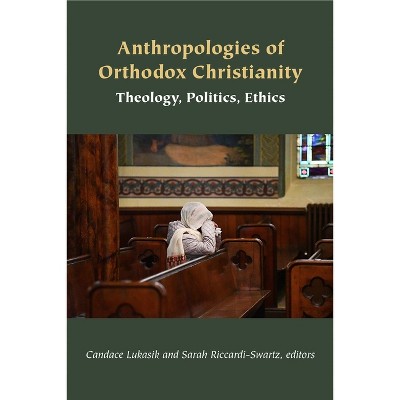Sponsored

Humanitarian Fictions - by Megan Cole Paustian (Paperback)
In Stock
Sponsored
About this item
Highlights
- Humanitarianism has a narrative problem.
- About the Author: Megan Cole Paustian is Associate Professor of English at North Central College.
- 288 Pages
- Literary Criticism, African
Description
About the Book
This book argues that the novel can enrich the critique of white saviorism while also imagining alternatives.Book Synopsis
Humanitarianism has a narrative problem. Far too often, aid to Africa is envisioned through a tale of Western heroes saving African sufferers. While labeling white savior narratives has become a familiar gesture, it doesn't tell us much about the story as story. Humanitarian Fictions aims to understand the workings of humanitarian literature, as they engage with and critique narratives of Africa.
Overlapping with but distinct from human rights, humanitarianism centers on a relationship of assistance, focusing less on rights than on needs, less on legal frameworks than moral ones, less on the problem than on the nonstate solution. Tracing the white savior narrative back to religious missionaries of the nineteenth century, Humanitarian Fictions reveals the influence of religious thought on seemingly secular institutions and uncovers a spiritual, collectivist streak in the discourse of humanity. Because the humanitarian model of care transcends the boundaries of the state, and its networks touch much of the globe, Humanitarian Fictions redraws the boundaries of literary classification based on a shared problem space rather than a shared national space. The book maps a transnational vein of Anglophone literature about Africa that features missionaries, humanitarians, and their so-called beneficiaries. Putting humanitarian thought in conversation with postcolonial critique, this book brings together African, British, and U.S. writers typically read within separate traditions. Paustian shows how the novel--with its profound sensitivity to narrative--can enrich the critique of white saviorism while also imagining alternatives that give African agency its due.From the Back Cover
"Paustian shows how imaginative literature by African writers equips us to move beyond Eurocentric representations of Africa that depend on colonialist and naïve neoliberal ideas. The book sets out engaging readings of African literature, using the notion of 'humanitarian fictions' as an analytical category and a political challenge that takes us toward big questions of ethics, history, and ongoing human interactions."--Olakunle George, Brown University
"Humanitarian Fictions manages throughout to be critical without being dismissive and constructs a humanitarian vision that is acutely sensitive to its own predicament."--Jeanne-Marie Jackson, Johns Hopkins University Humanitarianism has a narrative problem. Far too often, aid to Africa is envisioned through a tale of Western heroes saving African sufferers. While labeling white savior narratives has become a familiar gesture, it doesn't tell us much about the story as story. Humanitarian Fictions aims to understand the workings of humanitarian literature, as they engage with and critique narratives of Africa. Overlapping with but distinct from human rights, humanitarianism centers on a relationship of assistance, focusing less on rights than on needs, less on legal frameworks than moral ones, less on the problem than on the nonstate solution. Tracing the white savior narrative back to religious missionaries of the nineteenth century, Humanitarian Fiction reveals the influence of religious thought on seemingly secular institutions and uncovers a spiritual, collectivist streak in the discourse of humanity. Because the humanitarian model of care transcends the boundaries of the state, and its networks touch much of the globe, Humanitarian Fictions redraws the boundaries of literary classification based on a shared problem space rather than a shared national space. The book maps a transnational vein of Anglophone literature about Africa that features missionaries, humanitarians, and their so-called beneficiaries. Putting humanitarian thought in conversation with postcolonial critique, this book brings together African, British, and U.S. writers typically read within separate traditions. Paustian shows how the novel--with its profound sensitivity to narrative--can enrich the critique of white saviorism while also imagining alternatives that give African agency its due. Megan Cole Paustian is Associate Professor of English at North Central College.Review Quotes
A key intervention achieved by Paustian's writing is her ability to seamlessly move between close analysis of the production of literary fiction both out of and about the position of Africa in the global imaginary, and sophisticated examination of the humanitarian mission's historic reliance upon grand narratives frequently based in fiction.-- "Anthropos"
Years ago, I discovered that novels by African authors could be inspiring sources for researching current and past African affairs. Noticing that Megan Cole Paustian drew on this kind of sources to present her argument about the problems of contemporary humanitarian efforts in Africa, I was immediately enthralled. . . [A] highly recommended reading . . .---Stanislaw Grodź, Verbum
. . . [A]n original essay studying the engagement of both colonial and postcolonial literary texts with humanitarian discourse. Paustian persuasively traces this grand narrative, heavily driven by white missionary saviorism, to the moral outlook to save the less fortunate. The narrative is resilient and adjustable. . . Highly recommended.-- "Choice Reviews"
Humanitarian Fictions manages throughout to be critical without being dismissive and constructs a humanitarian vision that is acutely sensitive to its own predicament.---Jeanne-Marie Jackson, Johns Hopkins University
Paustian shows how imaginative literature by African writers equips us to move beyond Eurocentric representations of Africa that depend on colonialist and naïve neoliberal ideas. The book sets out engaging readings of African literature, using the notion of 'humanitarian fictions' as an analytical category and a political challenge that takes us toward big questions of ethics, history, and ongoing human interactions.---Olakunle George, Brown University
About the Author
Megan Cole Paustian is Associate Professor of English at North Central College.